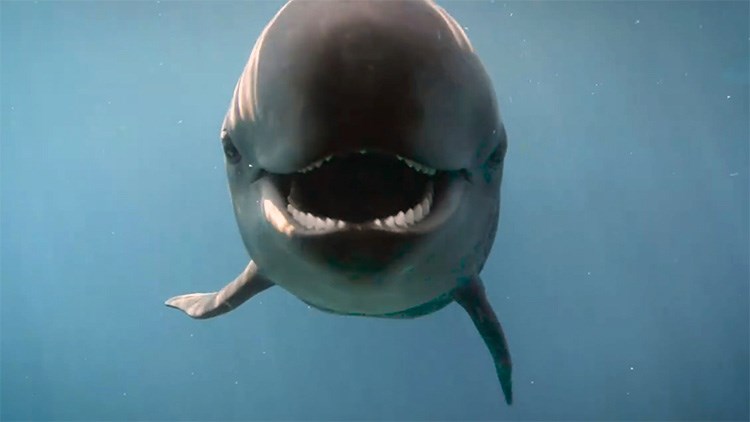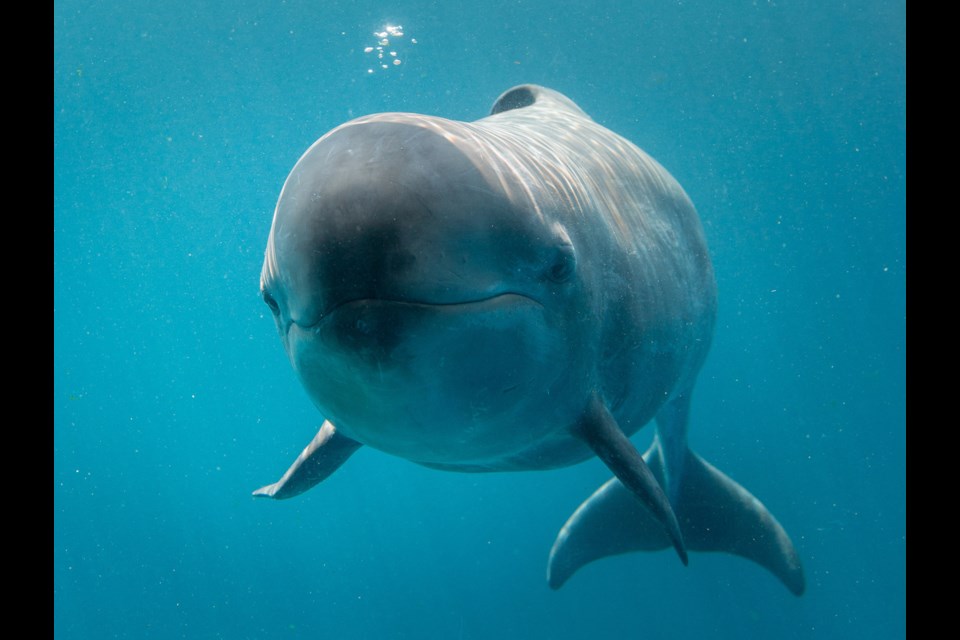Chester, a false killer whale that was rescued after being stranded on Chesterman Beach in Tofino three years ago, has died, according to a press release issued by the Vancouver Aquarium.
When he was found in 2014, Chester was a month-old, dependent calf in poor condition with lacerations and wounds on his body. Chester was treated at the Vancouver Marine Mammal Rescue Centre and was the first false killer whale to survive stranding in Canada.
In May of 2015, Fisheries and Oceans Canada deemed him non-releasable and asked the Vancouver Aquarium to provide a long-term home for him. Chester didn’t know how to forage on his own or protect himself from predators.
“His health was compromised when he stranded on the beach and he continued to be a health-challenged animal,” the aquarium explained in the press release.
Although Chester was looking well earlier in the week, his behaviour changed by Wednesday afternoon.
“Despite overnight intensive care on Wednesday and Thursday, he died early Friday morning,” according to the aquarium.
Head veterinarian Dr. Martin Haulena hopes to learn more during the post-mortem exam being conducted today.
“We know that stranded animals, possibly because of injuries sustained during stranding, do have incidences of renal failure later on. That is something we'll be looking at during the necropsy,” Haulena said.
Brian Sheehan, Vancouver Aquarium curator of marine mammals, said in the release that spending time with Chester over the past three years has had a profound impact on everyone involved, including staff, volunteers and aquarium visitors.
“Chester connected with more than four million people during his time with us, sharing his joy and curiosity with every person he encountered. We’ve been incredibly lucky to love him and to learn from him,” he said.
In November 2016, two beluga whales — Aurora and her adult calf Qila — died suddenly at the Vancouver Aquarium. A five-month long investigation revealed that toxins killed them, likely introduced by food, water or human interfence, according to a report released by the aquarium in April 2017.




